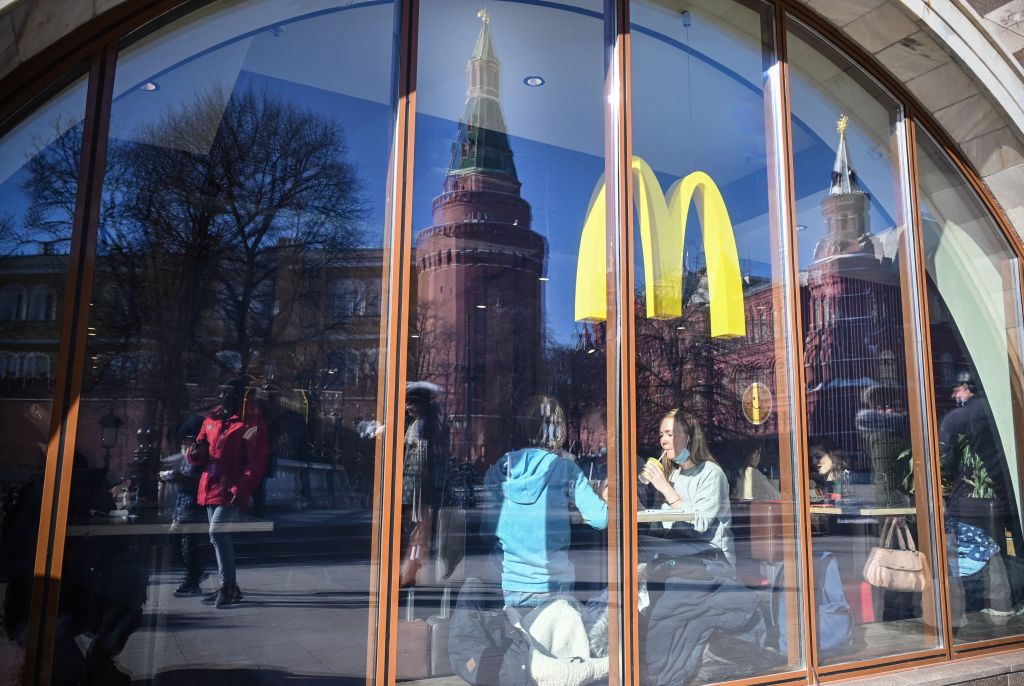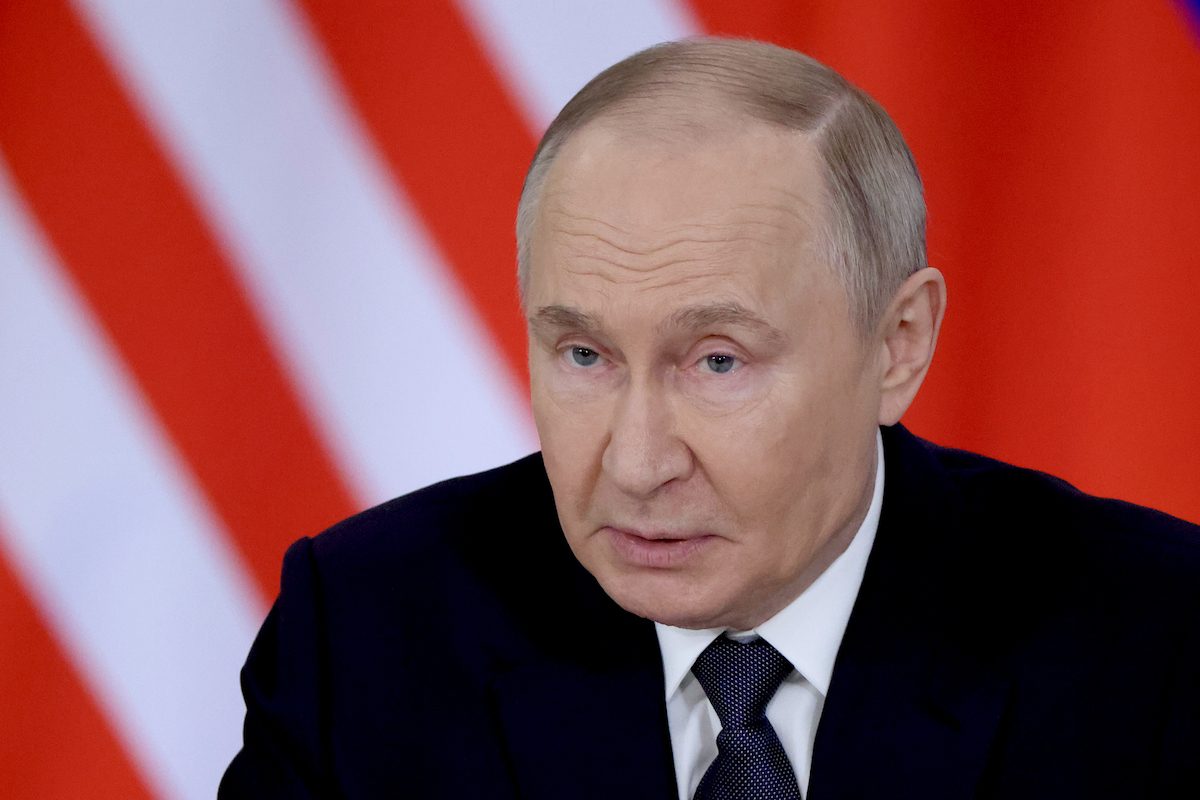Cockburn has rarely seen eye to eye with de-celebrated New York Times columnist Thomas Friedman. He’s particularly irked over Friedman’s habit of quoting conversations he’s had with cab drivers, given that Cockburn never remembers his taxi rides the next morning.
Yet today he can’t help but think there’s something to Friedman’s pro-globalism parachute journalism after all. During the 1990s, Friedman became famous for touting what he called the Golden Arches Theory of Conflict Prevention. This held that “no two countries that both have a McDonald’s have ever fought a war against each other.”
The thinking behind this idea was simple: as American corporations expanded globally, as nations consolidated and opened up their markets, war became bad for business. It disrupted trade, diminished people’s livelihoods, and, most devastatingly, made getting a delicious double quarter pounder with cheese all the more of a hassle. Friedman’s theory was pop social science, a dumbing down of more complex trends. But it also captured something that at the time seemed very real.
It wasn’t to be. As McDonald’s spread across the globe (it currently operates close to 38,000 stores worldwide), the Golden Arches Theory of Conflict Prevention began to sound like a suggestion that war would never break out anywhere. And as the 21st century brought its share of strife, the idea that markets would solve all our problems came to seem quaint and hubristic. Friedman was ridiculed as a kind of bard for a globalization fantasyland. His ideas today are regularly dunked on and dismissed.
And all the more so when McDonald’s announced last month that it was shuttering all its restaurants in Russia. Somehow golden arches amid the onion domes didn’t stop Vladimir Putin from invading Ukraine! Except then fifteen McDonald’s locations were recently reopened under Russian management with the name “Vkusno & Tochka,” which translates to “Tasty and that’s it” (exactly what you’d expect Russians to call a McDonald’s). And the burgers flew off the shelves! Business Insider reports that more than 120,000 were sold on the first day, a new record.
Somehow the face of American diplomacy is no longer Antony Blinken but Grimace. Yet Cockburn can’t help but think there’s something to celebrate about this new McNugget-based geopolitics. By purchasing American-modeled food from an American-modeled company, the Russians are resisting Vladimir Putin’s hard turn towards insular nationalism. Now, if we can just prevent them from finding out about Lizzo, perhaps America can retain a foothold in Russia yet.

























